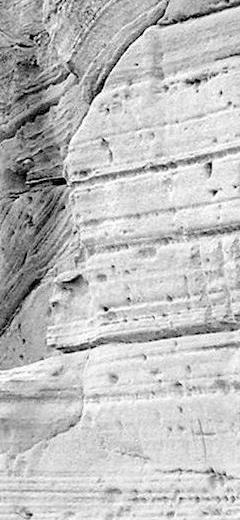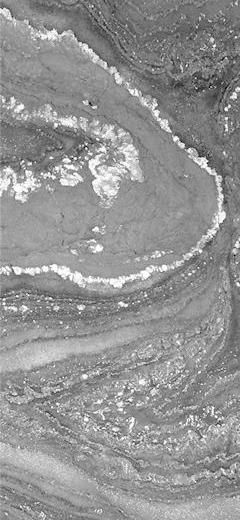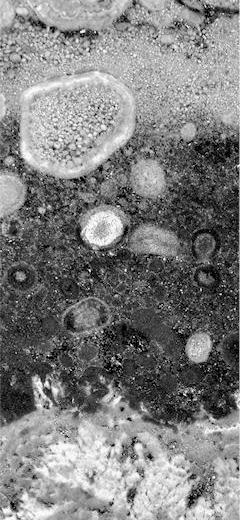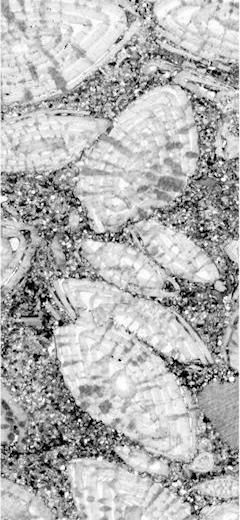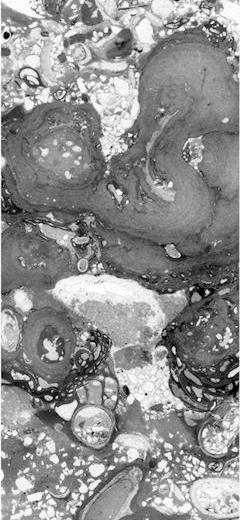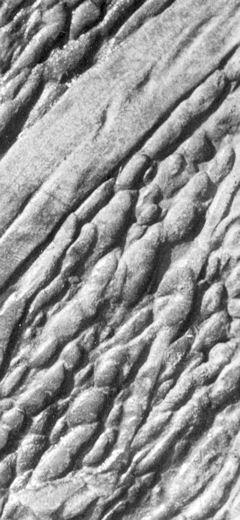ASGP (2010), vol. 80: 253–284
HEXACTINELLID SPONGES FROM THE SANTONIAN DEPOSITS OF THE KRAKÓW AREA (SOUTHERN POLAND)
Ewa ŚWIERCZEWSKA-GŁADYSZ
Institute of Earth Science, Łódź University, Narutowicza 88, 90-139 Łódź, Poland; e-mail: eswiercz at geo.uni.lodz.pl
Świerczewska-Gładysz, E., 2010. Hexactinellid sponges from the Santonian deposits of the Kraków area (Southern Poland). Annales Societatis Geologorum Poloniae, 80: 253–284.
Abstract: Hexactinellid sponges are extremely abundant in the basal sequence of the Santonian of the Kraków region. This is the only known area in Poland where Santonian deposits with sponges are exposed. The studied sponges are redeposited and probably represent a Santonian or/and Coniacian assemblage. They inhabited a quiet, deeper part of the epicontinental sea that covered the southern part of Poland in Late Cretaceous times.
This paper is a taxonomic revision of sponges collected from this region by the late Prof. J. Małecki. Based on existing old collections and newly collected material comprising 1020 specimens, 34 species have been described, including 14 belonging to the Hexactinosida and 20 to the Lychniscosida.
All sponge species occurring in the Santonian succession of the Kraków area are also known from various Late Cretaceous sponge assemblages of Europe. Five species described, i.e. Eurete halli (Schrammen), Lefroyella favoidea Schrammen, Spirolophia tortuosa (Roemer), Coeloptychium lobatum Goldfuss, and Wollemannia araneosa Schrammen have not been so far noted in pre-Campanian deposits. The examined assemblage is particularly similar to the sponge fauna from the Middle Coniacian – Middle Santonian deposits of England and from the Lower Santonian of Russia (Saratov area).

